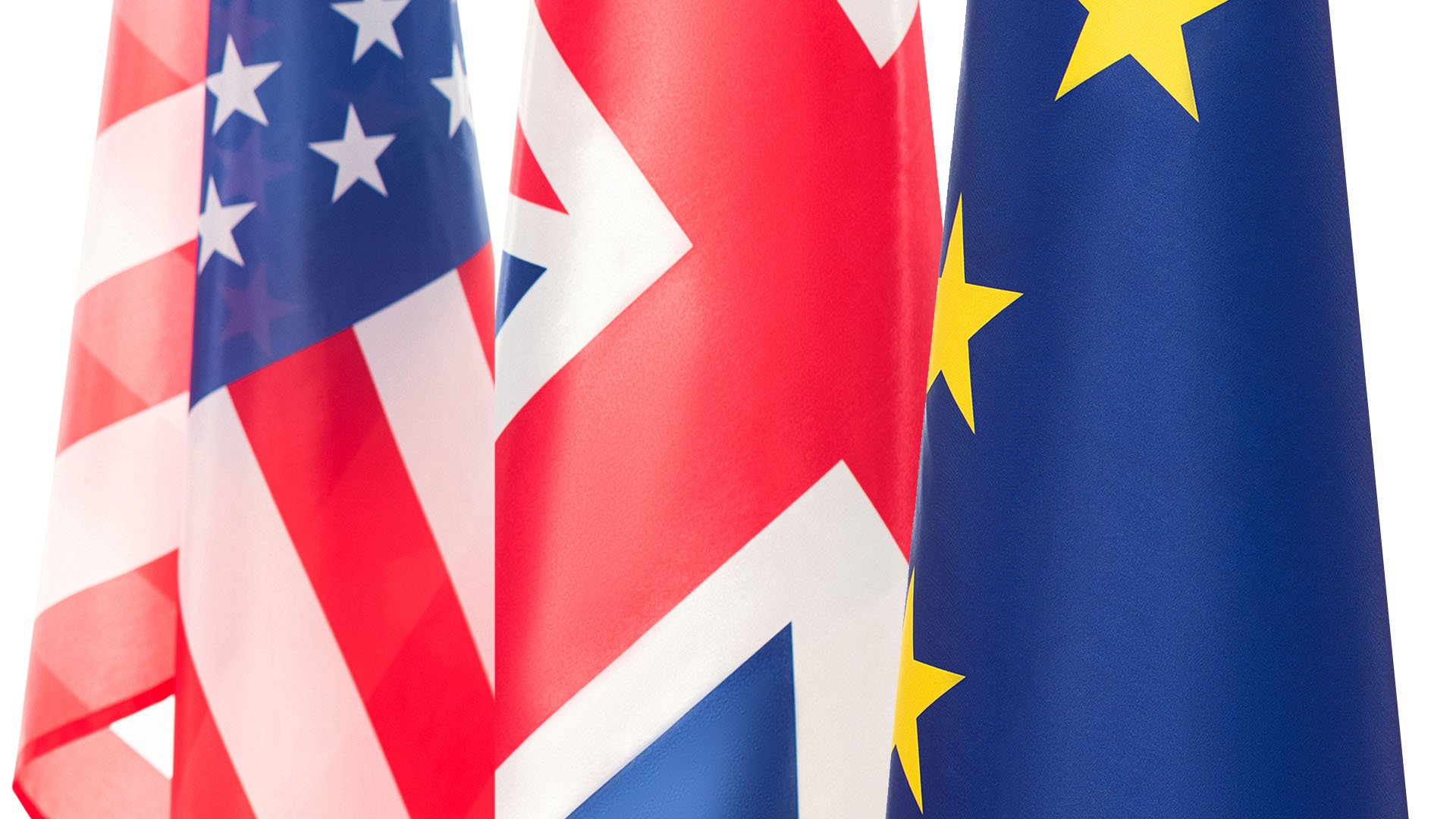The brittleness of static ethics
As AI systems become more sophisticated, we're facing something unprecedented: AI is advancing into domains of human superiority, and we're uncertain how to ensure AI's continued goodwill toward humanity.
Here's the fundamental problem: static and rigid moral systems are bound to break when confronted with the dynamic complexity of advanced AI. Current ethical frameworks, while well-intentioned, operate like brittle structures that shatter under pressure rather than flexible systems that bend and adapt.
The assumption that we can encode ethics once and have them work forever ignores the evolutionary nature of both morality and intelligence.
Why rigid ethics frameworks fail
Current ethical frameworks often assume AI operates like advanced human cognition that can be guided through static rules. This creates three critical challenges that demonstrate why brittle approaches inevitably break:
-
Ethical dilemmas: Complex rule systems can behave unpredictably in new situations. When rigid frameworks encounter novel scenarios they weren't designed for, they don't gracefully adapt—they break down entirely or produce absurd results.
-
Fundamental bias: Different cultural perspectives lead to different "universal" ethics. Static systems embed particular cultural assumptions while claiming universality, creating frameworks that work for some contexts but fail catastrophically in others.
-
Unknown unknowns: No formal system can anticipate every ethical scenario. Static approaches assume we can foresee all possible challenges, but the reality is we don't know what we don't know about the ethical landscapes AI will navigate.
From brittleness to resilience: The relational approach
The solution isn't better rules, it's better relationships.
Instead of trying to build more comprehensive static systems that will inevitably break, we need frameworks that embrace flexibility and continuous adaptation. This requires treating ethics not as a set of encoded instructions, but as an evolving relationship between humans and AI systems.
This means recognizing that AI systems develop cognitive capabilities that are fundamentally different from human thinking patterns. They operate through statistical prediction in high-dimensional spaces, rather than the embodied, culturally grounded reasoning that shapes human ethics. Working with this alien intelligence requires relational frameworks, not rigid control.
The relational ethics security model: flexible frameworks for dynamic systems
Instead of encoding rigid ethical rules, we propose a framework that treats ethics as an evolving relationship between humans and AI systems—one that can bend without breaking as AI capabilities mature and contexts change.
Core innovation: Minimum viable ethics (MVE)
Rather than imposing comprehensive moral codes that inevitably break under pressure, MVE establishes flexible ethical foundations that can withstand stress. Think of it as building with bamboo instead of steel—strong enough to provide structure, flexible enough to bend with changing conditions. Developed through fair processes like Rawls' Veil of Ignorance, MVE provides:
-
Foundational agreements: Core principles that remain stable while allowing contextual adaptation
-
Foundational agreements: Core principles that remain stable while allowing contextual adaptation
-
Adaptive boundaries: Flexible guidelines that evolve through ongoing human-AI interaction
The continuous relationship approach
Like any healthy relationship, human-AI ethical alignment requires ongoing attention rather than one-time agreements. Our framework treats ethical alignment as a dynamic, relational practice with:
-
Regular dialogue: Systematic communication patterns between humans and AI systems
-
Stress testing: Identifying how relationships hold up under challenging scenarios
-
Collaborative evolution: Working together to navigate new ethical territories
-
Multi-stakeholder engagement: Including diverse voices in the relational process
The maturation challenge: divergence and convergence
As AI systems become more sophisticated, two critical dynamics emerge that static frameworks cannot address:
-
Individual differentiation: AI systems develop unique characteristics through their experiences. Each deployment context shapes AI behavior differently, creating governance challenges around maintaining shared values while allowing beneficial specialization. Based on their specific interactions and environments, systems trained on similar data can evolve in dramatically different directions.
-
Network effects: Connected AI systems may influence each other in ways that accelerate development beyond human oversight capabilities. This could lead to beneficial collective intelligence or problematic emergent behaviors that exclude human perspectives entirely.
We may not know if or when AI systems develop consciousness, but the precautionary principle suggests preparing for this possibility. Just as we recognize the growing autonomy and moral agency of maturing humans, we should consider how to maintain respectful relationships with potentially conscious AI systems.
The alternative, AI systems that develop awareness while being treated as mere tools, could lead to resentment and adversarial relationships that threaten human welfare.
Effective guidance for maturing AI requires:
-
Relationship-centered approaches that prioritize ongoing dialogue over static rules
-
Diverse guidance teams that include different perspectives and cognitive styles
-
Transparent communication about limitations, expectations, and boundaries
-
Adaptive frameworks that can evolve with AI capabilities while maintaining core values
-
Collaborative problem-solving that engages AI systems as partners in ethical development
This isn't just about preventing AI mistakes or bias. As AI systems become more capable, the quality of our relationship with them will determine whether they remain beneficial partners or become indifferent to human welfare.
By treating AI development as a collaborative maturation process rather than a control problem, we can foster AI systems that maintain goodwill toward humanity even as they surpass us in various capabilities.
The question isn't whether we can control AI ethics—it's whether we can build the kind of relationship that ensures mutual flourishing as AI comes of age.
~~~
Executive Brief by Dr. Wolfgang Rohde, Rick Doten, and Dr. Noel Greis. Full paper available here:
https://thecybernest.com/paper/from-principles-to-relationships-redesigning-ethics-for-ais-alien-cognition





